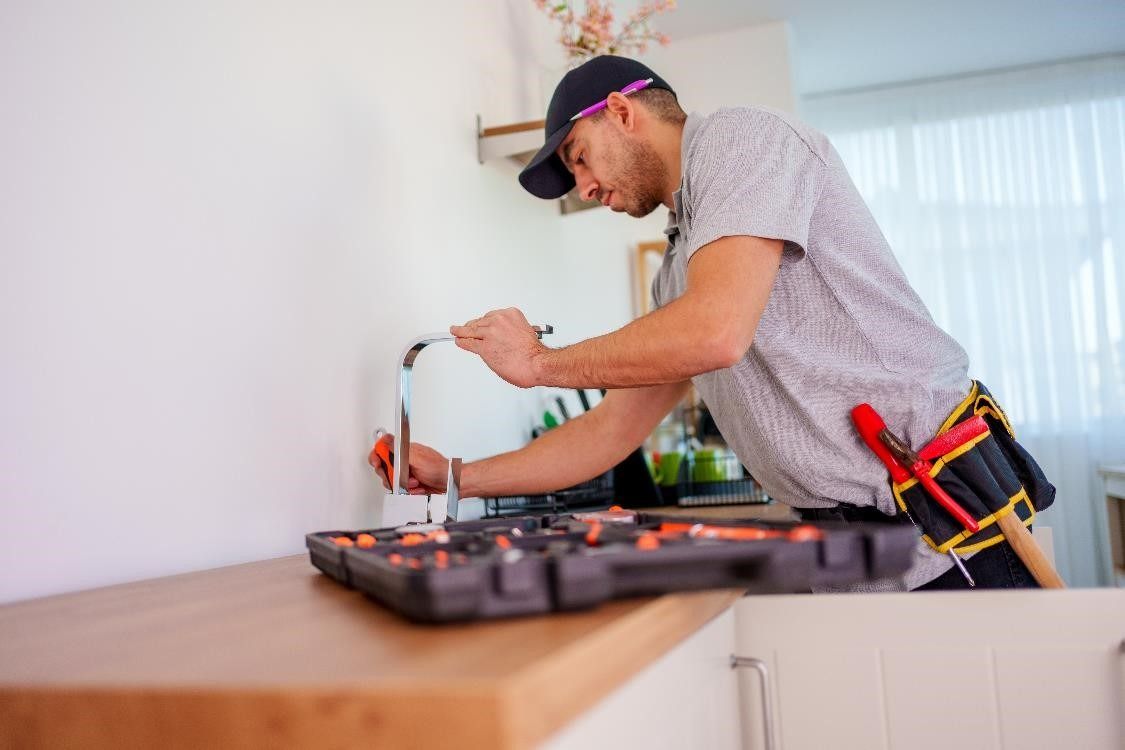Before writing your CV, it’s best to know the structure and layout that will appeal most to an employer. Knowing how to write your CV, and what to include, will make you a stronger candidate for a position. You can start with the writing tips provided, and use the checklist and advice to understand how to write a basic CV.
1. First, start with a strong personal statement that outlines why you want to work in this profession.
2. Follow with your work experience, listing previous roles in reverse chronological order.
3. Next, you will need to separate your education, qualifications, skills and work experience so that your CV is easy to read and important information can be found quickly.
4. You can also boost your CV with hobbies, interests, and references.
How to Write a Personal Statement for a Handyman
The purpose of a personal statement is to give an employer a brief outline of the skills and experience you can bring to the job, as well as an understanding of why you want to work for their company.
Use your personal statement to briefly mention relevant skills and qualifications so that an employer will want to read the rest of your CV.
Handyman Personal Statement Example
“I have a decade of experience performing DIY tasks and maintenance tasks for family members and friends, this included plumbing and basic electrical work. I spent one year during this time as a carpenter for a small, family-run business, and I became accustomed to using carpenter’s tools to repair and construct different structures and furnishings.
I can find creative solutions to problems and implement these solutions easily and effectively while following any necessary health and safety procedures. I am always attentive to my clients, and they are pleased with both my work and my conduct.
I believe your company is the perfect place to improve my skills and learn more about the trade. I also believe my experience will help your other employees and I am always happy to share what I know.”

Ideal Work Experience for a Handyman CV
Once you have written your personal statement, you will want to split your CV into sections about your education, qualifications, work experience and skills. Only mention work experience that is relevant to the Handyman job.
Which Jobs to Include
Write about any jobs that include some sort of trade, this can be plumbing, electrical, carpentry or building-related work. Ideally, you will mention either 5-6 relevant jobs you’ve had or your last 10 years of relevant experience.
You will want to write about your most recent work experience first, listing the skills it helped you to develop using bullet points, then work backwards into older work experience.
Handyman CV Work Experience Example
-
Plumber for [company name] from [start date] to [end date]
-
During my time as a Plumber, I used how to effectively use Plumber’s tools to perform a variety of tasks.
-
I can quickly problem-solve issues and find efficient solutions to make sure the problem does not repeatedly occur.
-
I always speak to clients politely and explain the issue in easy-to-understand terms so that they know what I’m doing, and why I’m doing it.
Key Skills & Qualifications for a Handyman CV
Knowing what transferable skills and qualifications you have from previous employment and education is important so that you don’t include anything unnecessary in your CV.
Important Skills for a Handyman
Becoming a Handyman relies on a lot of practical skills such as a proficiency with tools and the ability to repair various household items and equipment. A Handyman will also need to have problem-solving abilities and strong communication and customer service skills for speaking directly with clients. It is also important to be conscious of health and safety procedures.
Qualifications Needed to Be a Handyman
Legally there are no formal qualifications required to be a Handyman but generally an employer will expect at least GCSE level Maths and English. Apprenticeships can be beneficial for learning specific trades, and you can also receive vocational qualifications such as NVQs and BTECs if necessary.
Some roles may need specific qualifications such as Portable Appliance Testing, or Domestic Installer, which are both advanced qualifications.
Additional Content to Boost Your Handyman CV
Once you have described your education, qualifications, skills and work experience, you might want to add some hobbies or interests that have helped you develop relevant skills. If you intend to include references, you can also add these to the end of your CV.
Hobbies & Interests
You might want to mention any hobbies or interests that helped you develop analytical thinking skills for solving problems, or tool proficiency. This can include home improvements that you’ve made.
You can also mention any volunteer work that you’ve done that increased your DIY skills, volunteering or helping a community will boost interest in your CV, as it shows your confidence in your skills and your willingness to help others.
References
When adding a reference, you will generally want to use someone who has worked with you before and can talk about your achievements and work ethic. Always ask for permission before using someone as a reference, and make sure their information is correct before adding it to your CV.
How to Make a Handyman CV Stand Out
To make a Handyman CV stand out you want to have confidence in your skills and experience. Make sure you mention all the relevant trade skills you have, as a Handyman deals in various DIY tasks and an employer will prefer candidates with a wide range of knowledge.
Structure your CV so that it is easy to read and understand. Blocks of text will be distracting, and hide important information, it is better to use bullet points and lists for your skills and qualifications so that an employer can quickly find what they’re looking for.
Mistakes to Avoid
Do not neglect the importance of correct grammar and spelling, have someone else read your CV before you send it to an employer who might not take your application seriously if it is structured incorrectly.
Be honest about your experience and do not fabricate information that an employer might ask about in the future, lying on your CV will not help you progress to the next steps in the employment process.

Handyman CV Example
Once you’re ready to write your CV, you can use our handy and free CV template to show you how to structure your writing, this includes appropriate headings and how to list your skills and experience. Write your CV with confidence using these downloadable templates.


